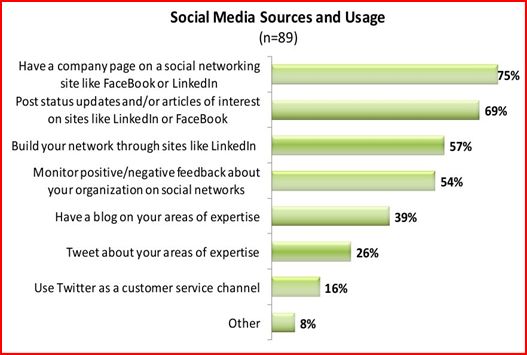

Project risks are those unexpected events, that most likely will put your project deadline at risk if they are not identified and mitigated ahead of time. As a small business owner, project complications aren’t anything new, but how you handle these roadblocks, will determine if your company succeeds or fails. There are a few different ways deadlines get pushed and cause you to spend more than expected.
Fundera has compiled 4 of the 8 most common project risks that could threaten your project timeline, with some helpful advice to managing each one.
#1 Scope Risks
Scope risks are tasks that endanger project objectives, deliverables, or timeline. This is the most well-known project risk of entrepreneurs. Even though there are various steps to be taken to avoid the odds of this happening.
#2 Cost Risks
This type of risk is the most common as it shows the biggest threat to businesses and their financials. Staying within budget is crucial for business owners to make a sufficient profit off their client’s projects while still keeping them satisfied.
#3 Time Risks
If you and your team think there is enough time to complete your project comfortably, or even with time to spare, you most likely aren’t scheduling your tasks effectively.
#4 Technology Risks
Technology can get confusing and frustrating at times. Studies even show that only 30% of IT project implementations are successful. Keep your projects in the green by scheduling extra time to brace yourself for implementation delays.
If you are a small business owner, taking risks can be fun as long as you learn from your own actions and keep improving.
See below for examples of the 8 most common project risks and helpful tips for mitigating them.







